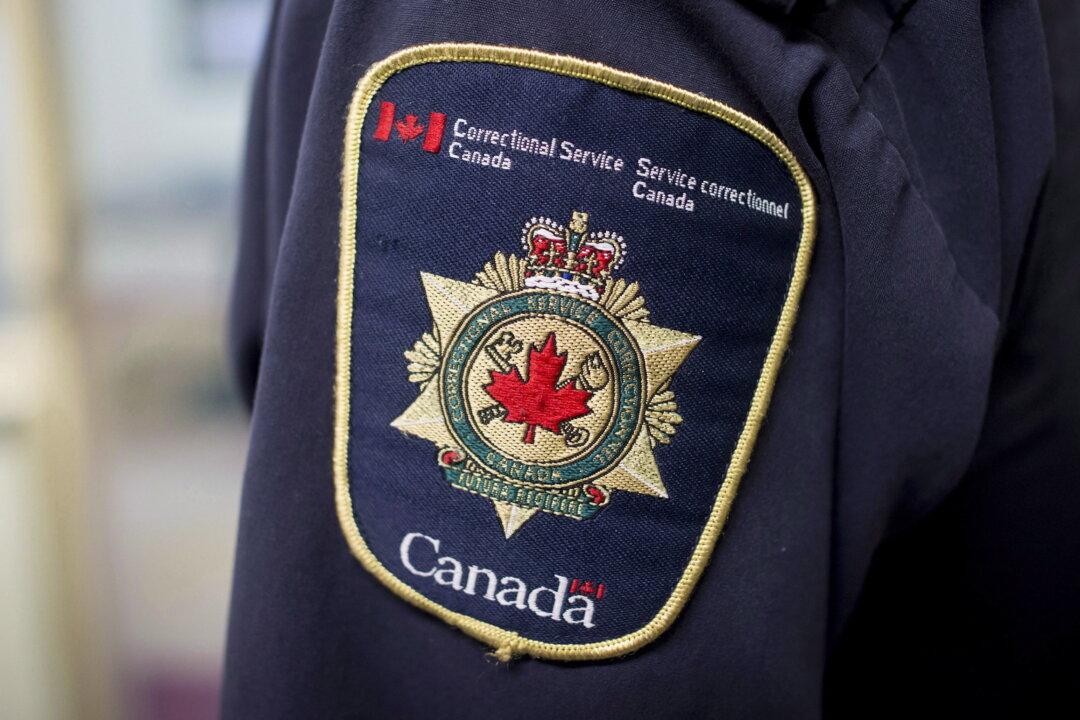A Métis prison inmate has been awarded $7,500 by a federal judge following a violation of his Charter rights by the Correctional Service.
Jeffrey Ewert, a convicted murderer, made a formal complaint that prison staff had interfered with his sacred “medicine bundle” of feathers and arrowheads and that by touching it, they had breached his Charter right to freedom of religion, Blacklock’s Reporter said.





